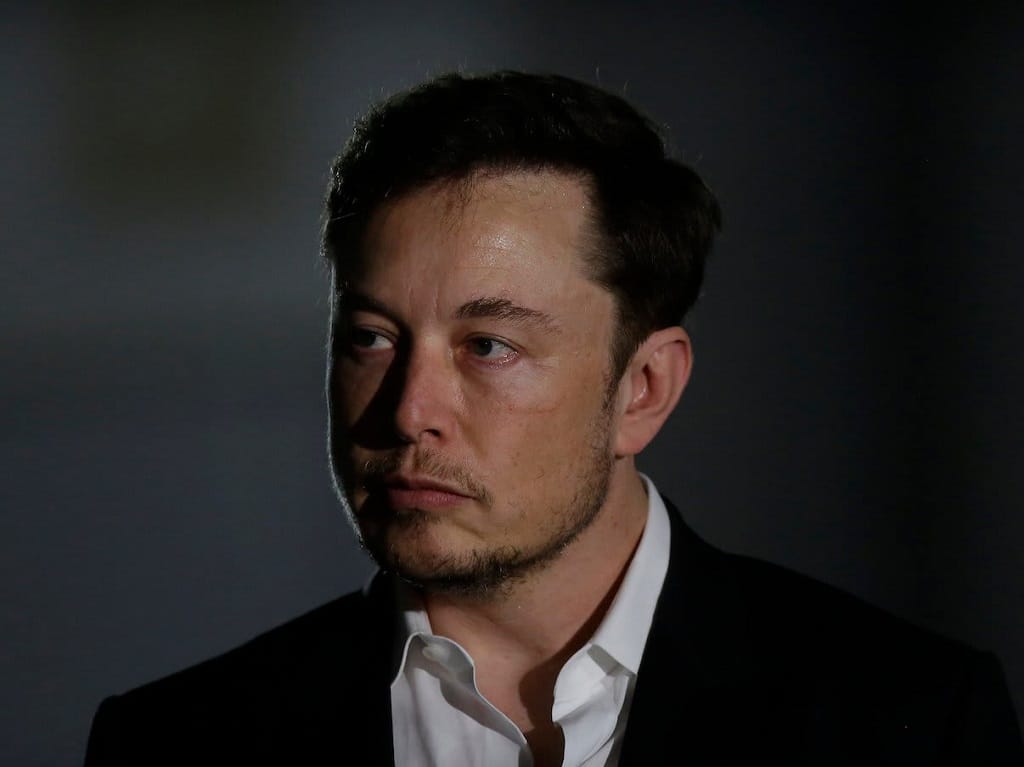SpaceX, Engineers Clash over Whether 12 GigaHertz Band Can Be Shared with 5G Operators
Competing submissions to the FCC show the friction over valuable mid-band spectrum.

August 10, 2021 – Research commissioned by RS Access showing the mid-band 12 GHz spectrum, a band used by satellite service providers, can be shared with 5G operations has elicited a scathing rebuke by SpaceX — and the engineering firm behind the study is responding in kind.
The FCC is currently studying the possible sharing of the band between satellite providers and mobile wireless carriers for 5G. Broadband Breakfast held a panel discussion in July, which included arguments for and against the spectrum’s flexible use. RS Access’ V. Noah Campbell mentioned the technical study in question during the session, by RKF Engineering Solutions, LLC.
In a filing to the Federal Communications Commission last week, however, SpaceX alleges RKF’s technical study is a “fatally flawed” analysis that washes over the interference consequences that will allegedly happen if the spectrum is shared with 5G operations.
To address interference concerns, the engineering study drew three main conclusions: low-earth orbit satellite user terminals, which SpaceX’s Starlink fleet uses, can reject 5G signals; technology used by mobile wireless networks will direct energy toward handsets, not satellite terminals; and 5G networks will be used largely in higher population areas, whereas Starlink will focus on low-density, largely rural, areas. It also said that without coordination, interference possibilities will affect less than one percent of next-generation satellite operator terminals.
But SpaceX said these conclusions assume that the 5G build-out will only occur in urban areas and limit the next-generation satellite service providers from operating in those areas. The company said while Starlink is “designed to optimize for rural areas initially, it will provide service in urban areas.” It also claims that there will be interference suffered by the satellite terminals on the ground to cause disruptions in service, and ultimately, thousands of customers could be impacted.
SpaceX notes that the $900 million it won in December from the FCC’s $9.2-billion Rural Digital Opportunity Fund – which is currently being reassessed due to complaints of possible overbuilding – backs the fact that urban coverage is part of its agenda.
The company said it has over half a million back orders in its first six months of beta testing its Starlink service with only a third of its LEO fleet deployed (it has over 1,400 satellites launched). It also said it has applied to increase the number of licensed user terminals to 5 million.
RKF engineering firm responds
But RKF said in a filing to the FCC on August 9 that SpaceX misread the study to “find harmful interference where none may exist.” It said the study finds that a 5G network with zero coordination among users of the spectrum would impact fewer than one percent of next-generation satellite terminals. With coordination, such possible interference incidences would be reduced even further, it adds.
RKF, founded in 2001 and known by the last name initials of its founders Phil Rubin, Ted Kaplan, and Jeff Freedman, said this is the only engineering study of its kind in the FCC docket and no company has refuted it.
Other complaints in the Tuesday filing include RKF’s claim that its study did not say that the 5G build-out will only occur in urban areas, noting that the study surveyed less populated areas and found that demand is greatest in more densely populated areas. It also said its study does not preclude SpaceX from operating in any part of the country. It added that SpaceX operations in urban areas with 5G networks is “still readily achievable.”
“SpaceX’s inexplicable response to our rigorous, data-driven engineering study on coexistence in the 12 GHz band is so egregiously inaccurate that we as a firm felt it needed a direct response,” David Marshack, chief operating officer of RKF, said in a statement to Broadband Breakfast.
“Though our firm has often been called on to perform analyses in Commission proceedings, rarely has our firm engaged directly in the FCC docket on its own behalf. But in multiple Commission filings, SpaceX has impugned RKF’s integrity with baseless allegations and brazen misrepresentations that have made engaging on the record necessary.
“The engineering analysis clearly shows that coexistence between satellite and terrestrial 5G in the 12 GHz band is highly feasible,” the statement added. “Any claim to the contrary is a misunderstanding of our findings which show that a 5G network with zero coordination would impact fewer than one percent of NGSO terminals.”
Dish Network — the beneficiary of mobile wireless assets from the T-Mobile-Sprint merger and which is using said assets to develop its 5G network – said in a January filing that it hopes the commission would find a way to open the band for 5G use.
Since the other satellite-using C-band spectrum has already concluded its auction, the supply of critical mid-band spectrum for 5G is diminishing. Last month, RS Access filed a study by Roberson and Associates with the FCC claiming that the 12 GHz spectrum is “highly favorable for 5G, resembles lower-mid band frequencies, and can rapidly accelerate 5G deployment nationwide.”








